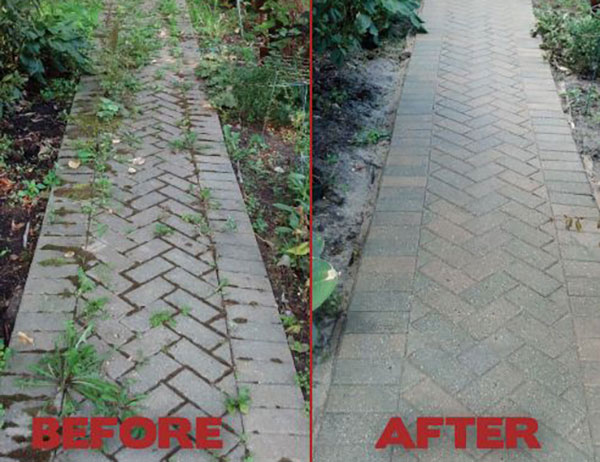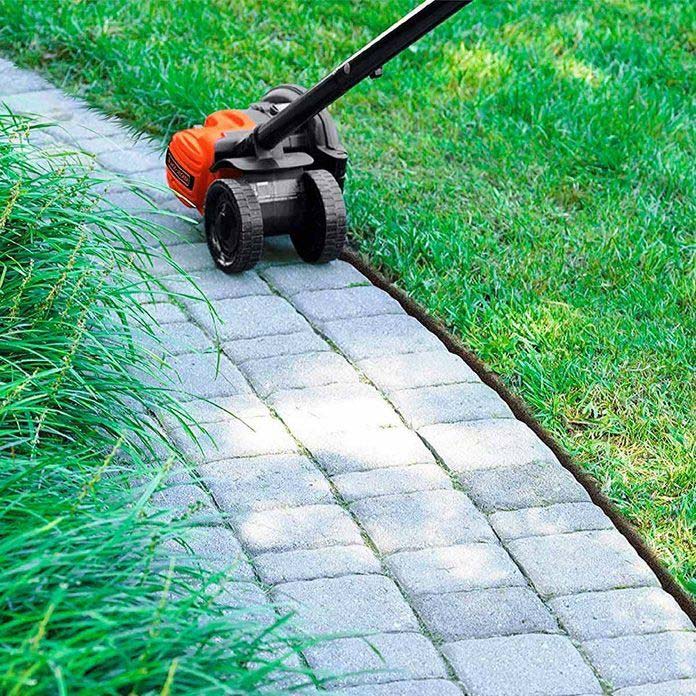6 Reasons Why Your Garden is Full of Weeds

Weeds are every gardener’s nightmare! Sometimes, no matter how hard you try to control them, they keep coming back! Why is this, and what can you do to control your weeds?
There are several reasons why weeds may be taking over your garden, and some may come as a surprise to even the most experienced gardeners, so let’s have a look at six reasons.
Not Enough Plants
Not having enough plants in your garden is the number 1 reason there are so many weeds. Weeds can be aggressive and will take over any space left available. This is why you need plants that spread and provide ground cover. These will take over the space that would otherwise attract weeds.
You can then add taller plants that will provide shade and a touch of style, and a shrubs and trees to give the upper layer. Each of these layers helps keep weeds at bay and gives your garden a lush and controlled look.
Too Much Space!
Another aspect of the above is planting new plants too far apart. Some plants will grow outwards in their root system, and these help deter weeds. Other plants spread above the ground and will soon meet with the ones next door.
Aster and Joe Pye weed are fitting examples of plants that will help provide the cover that keeps weeds away. Plant plugs around 8-inches from each other, and they will soon start spreading and doing the job you want them to do.
Do a bit of digging on the internet for the ideal distance between your new plants, and you may find it helpful.

Over Mulching
Mulch is great for your plants but remember that weeds are plants too! They also love mulch, and by that we mean they really love it! As we said above, nature wants to fill those gaps, and mulch encourages the weeds to do their bit.
Mulch should be used sparingly and carefully, and not put in spaces as this is where the weeds are aiming for. Check advice for your area and climate and keep a close eye out for the signs of weeds. While we’re talking weeds, we also recommend you get yourself a weed eater, as they are surprisingly successful.
Too Much Watering and Fertilizer
Just as weeds love mulch, so they do water and fertilizer! Too much water will encourage weeds by wakening their dormant roots, and too much fertilizer will also add to the problem. Be careful to water at your regular rate and no more and use fertilizer where new plants need to be encouraged and weeds may be waiting to come through.
If your garden is established, you do not need to over-water. The climate will deal with it for you assuming you’ve planted species relevant to the region. Also, take care when tilling as this can churn up weed seeds that will then germinate.
Weeds Sow Seeds
On that note, what happens when you pull a weed from the ground? It creates a suitable hole for the seeds to fall into and germinate! It’s a difficult one to manage because many weeds have extremely minute seeds which you may not even see.
There are two solutions.
Deep digging the weed out is one, as this will remove the plant and its seeds, and cutting the plant down so it cannot seed is the other. The latter will need to be performed repeatedly, but it can be done when you’re wandering around your garden.
Poor Weed Control
Now that you have your weed eater life should be easier. Many gardeners use landscape cloth, but it is a double-edged sword. While it works for some weeds, others are surprisingly persistent.
Also, wind can cause a gap between the cloth and the earth, which being warmer than normal will encourage germination. The result is an ugly looking covered patch of ground with many weeds underneath hampering the plants you have cut openings for. Use a weed eater, make regular inspections around your garden, and you’ll be able to live without the need for awkward cloth that is difficult to use.
We hope the above advice has helped, so enjoy your beautiful garden.



